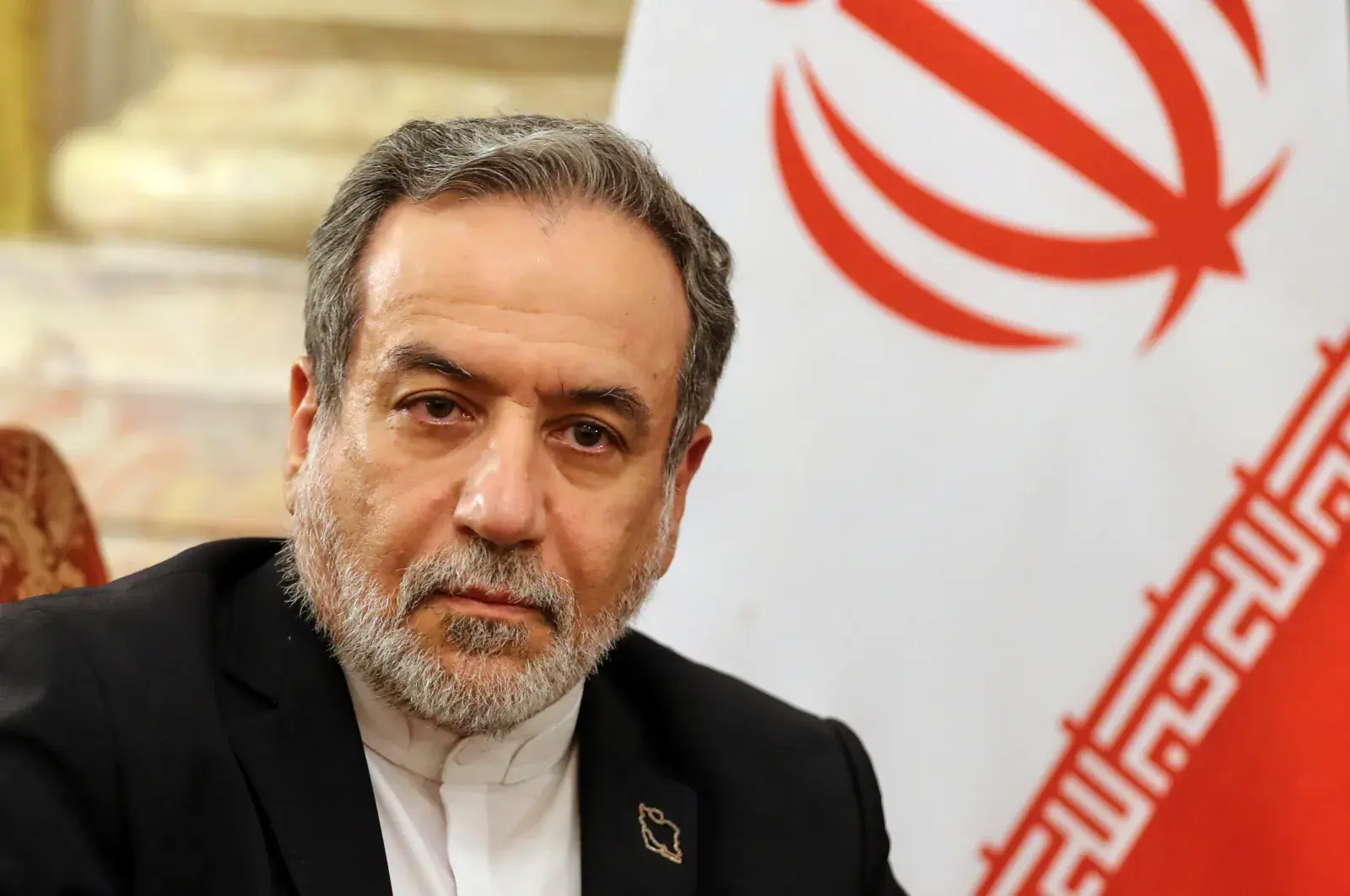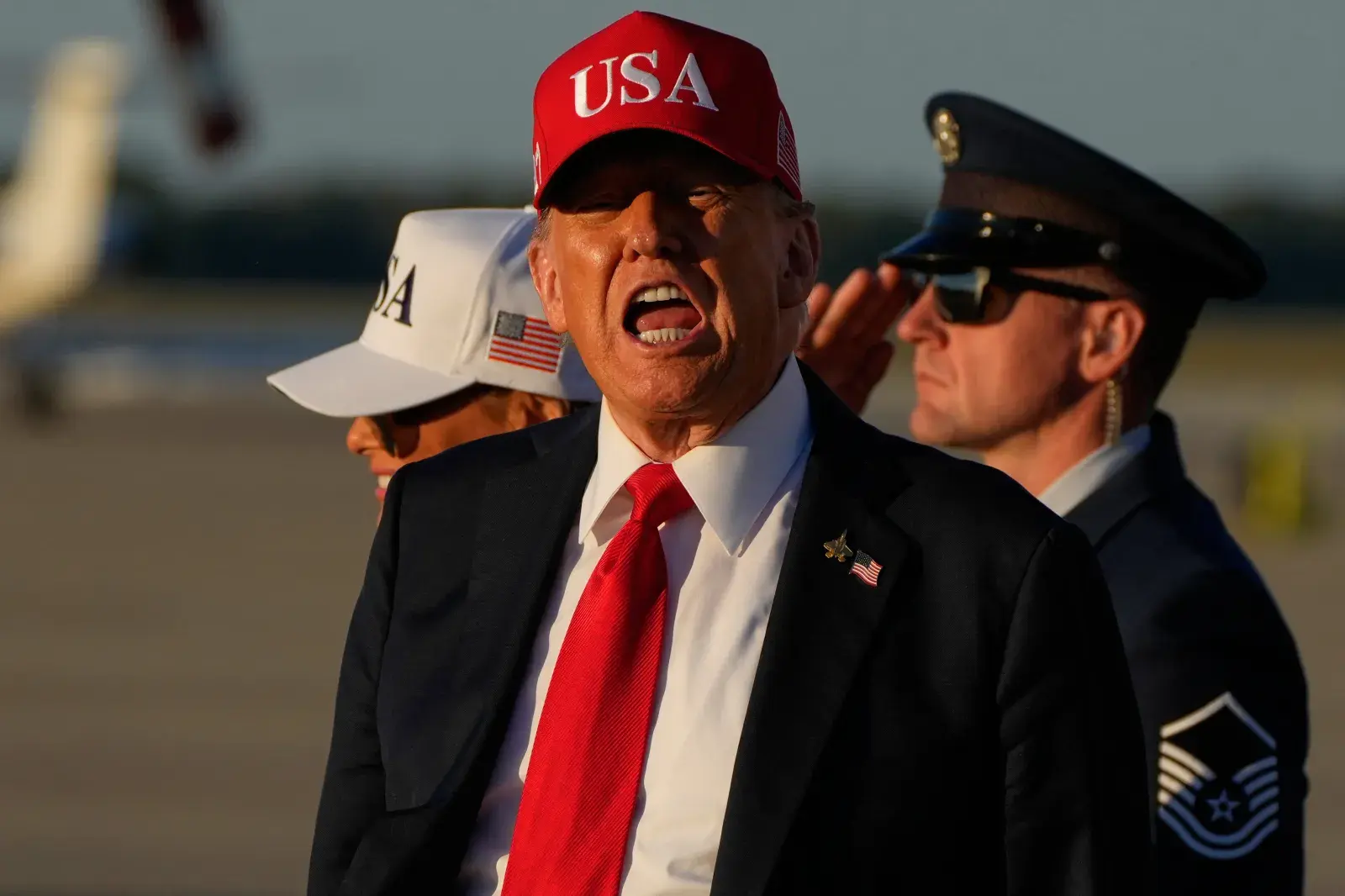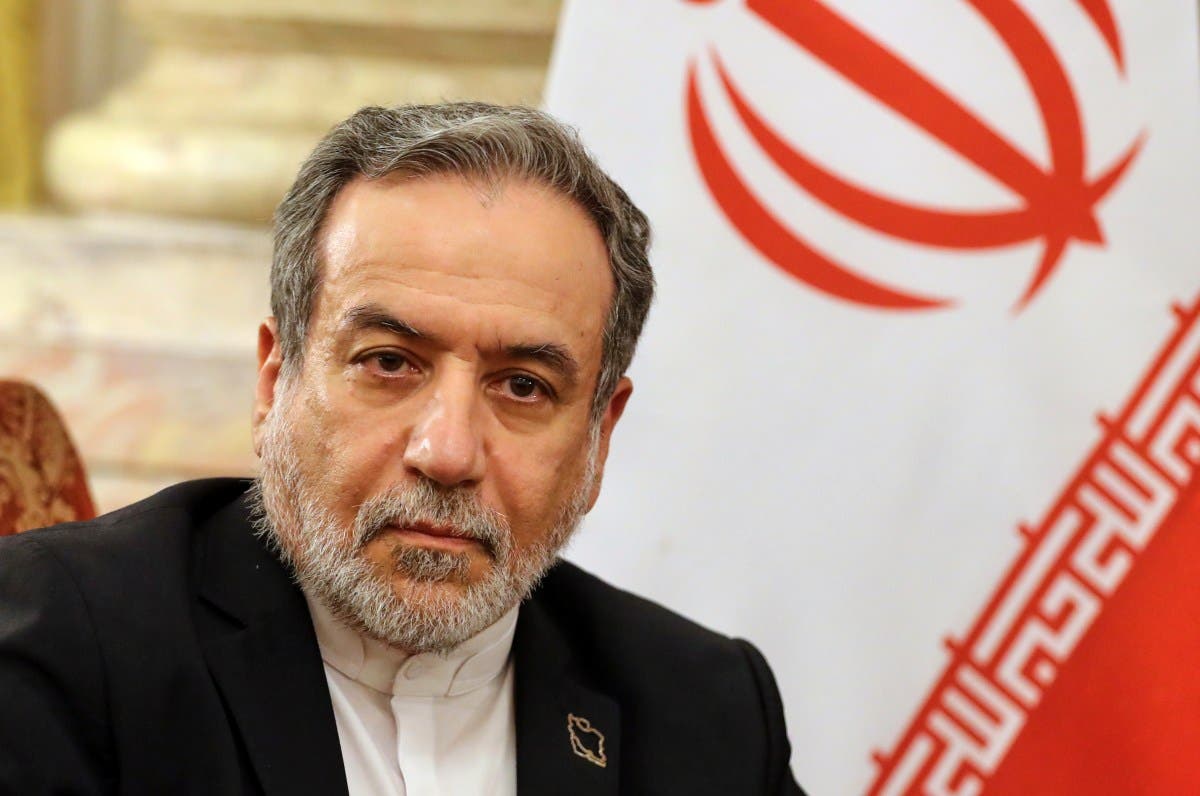Iranian Foreign Minister Abbas Araghchi has sharply rebuked President Donald Trump’s recent remarks about Iran’s nuclear program, warning that “doubling down on that miscalculation does not resolve anything.” The remarks underscore Tehran’s insistence that diplomacy, not confrontation, must define the future of its nuclear program.
Writing on X Tuesday night, Araghchi said that while “buildings and machinery can be destroyed,” Iran’s resolve “will never be damaged,” emphasizing that “there is NO alternative to a negotiated outcome.”
Newsweek has reached out to the State Department and Iran’s Foreign Ministry for comment.
Why It Matters
Araghchi’s post follows Iran’s 12-day war with Israel, during which U.S. airstrikes hit several Iranian nuclear facilities. The campaign marked the most direct confrontation between Washington and Tehran in years, crippling parts of the latter’s energy infrastructure and shaking global oil markets.
The strikes underscored a shifting regional order in which diplomacy is being replaced by deterrence. With the U.S. now closely aligned with Israel’s military strategy, the risk of a wider conflict has grown, threatening to destabilize an already volatile Middle East. Araghchi’s message framed Iran as defiant but pragmatic—signaling that Tehran remains committed to dialogue even as it faces mounting pressure and isolation.
 What To Know
What To Know
Araghchi reflected on the breakdown of earlier nuclear diplomacy, recalling the fifth round of talks he led with U.S. special envoy Steve Witkoff on May 23. At that time, he wrote, his guiding principle was clear: “Nuclear weapons zero = agreement possible. Enrichment zero = no agreement possible.” He noted that if “POTUS” [president of the United States] reviewed the official minutes of those meetings—documented by the negotiation mediator—he would see how close both sides came to finalizing what could have been a historic nuclear deal.
Loading twitter content…
Accusing Israel of Manipulation
Araghchi alleged that Israel played a central role in provoking tensions, saying the U.S. had been “deceived” into hostile actions against Iran. He added that Israel was now “trying to make an imaginary threat out of our defense capabilities,” arguing, “By now, Americans have had enough of fighting Israel’s Forever Wars.”
A Warning From History
The foreign minister invoked the 2003 Iraq War to caution against repeating past mistakes. “There was never any intelligence suggesting Iraq was hiding weapons of mass destruction. The only outcomes were unimaginable destruction, thousands of dead Americans, and seven trillion dollars wasted from taxpayers’ money,” he said. Araghchi added that claims that Iran was only a month away from developing a nuclear weapon were false.
He portrayed Iran as a proud and enduring nation, declaring that “Iran is a great country, and Iranians are a great nation—the heirs of an ancient civilization. Buildings and machinery can be destroyed, but our will can never be broken.”
 Trump’s Threat
Trump’s Threat
Trump hailed the June 22 strikes on Iran’s Fordow, Natanz, and Isfahan nuclear sites, calling the operation “flawlessly executed.” He highlighted the use of B-2 bombers and submarine-launched Tomahawk missiles, emphasizing that every target was hit. The president claimed Iran had been within a month of developing a nuclear weapon and warned that the U.S. would act quickly if Tehran resumed its program. He framed the strikes as a decisive action decades in the making, asserting that no previous president had shown the same resolve, even though Iran maintains its nuclear program is for civilian purposes only.
What People Are Saying
Iran’s Foreign Minister Abbas Araghchi: “Buildings and machines can be destroyed, but our determination will NEVER be shaken. Doubling down on that miscalculation does not resolve anything. There is NO solution but a negotiated outcome.”
President Donald Trump: “They were going to have a nuclear weapon within a month. And now they can start the operation all over again, but I hope they don’t because we’ll have to take care of that too if they do. I let them know that.”
What Happens Next
With both governments hardening their rhetoric, prospects for renewed dialogue appear slim. Still, Araghchi’s insistence on negotiation suggests Tehran remains open to diplomacy—if Washington is willing to reconsider its approach. For now, the exchange highlights the fragile balance between confrontation and compromise shaping the next phase of U.S.-Iran relations.
